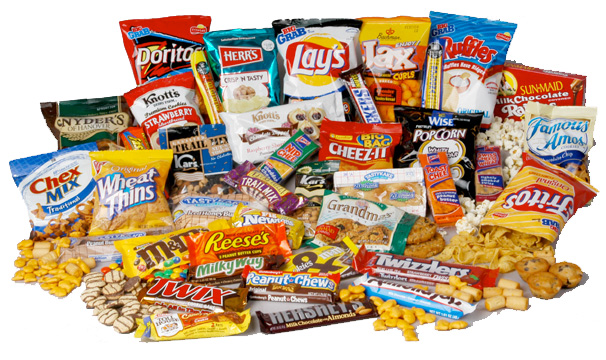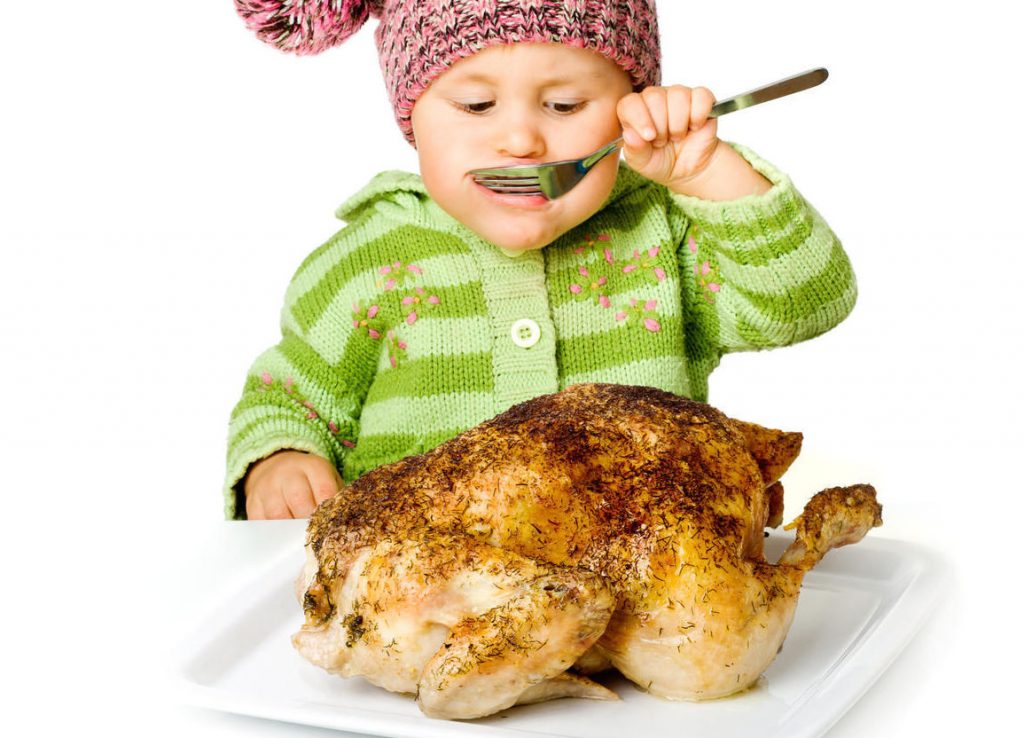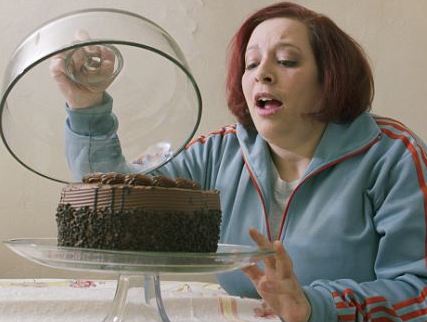As someone that’s heavily involved with food and nutrition, it’s hard to ignore people’s eating behavior. And to be honest, it’s kind of in my best interest to pay attention to it – as that’s what motivated me to write a book in the first place, and that’s what continues to help me succeed as a coach today.
Recently, there’s been two observations I’ve been noticing, and the more I think about them, the more I realize they’re related. The first being that some adults honestly need a parent back in their life to tell them:
- They can’t have a chocolate bar at the grocery store
- They’re not allowed dessert unless they finish their dinner
- They shouldn’t have pizza and pop on a Tuesday night, because Friday is pizza night in this house!
And the second being that these bad habits can easily develop in childhood if they’re not nipped in the butt early. Whether that’s spoiling dinner with a crappy snack in the afternoon, starting the day with a bowl full of sugar (i.e. cereal), or skipping lunch at school and devouring a boat-load of carbage when you get home.

We already discussed how addictive these boxes, bags, and bars of sugar can be, and we know that consuming them displaces other nutrient-rich foods. So before going any further, we know any child consuming them regularly is clearly progressing towards a challenging dietary future.
And sure, I’m all about letting kids be kids, but by consistently letting them satisfy their hunger with sugary snacks and beverages instead of waiting for meals and encouraging more eating at meals, are we not setting them up for failure?
Effectively creating an adult that has no impulse control and can’t say no to dessert, or a cookie on a Monday afternoon?
Should we be blaming the companies that make the food, the government recommending the food, the people eating the food, or the parents that set the standard?
Interestingly, after paying a little more attention the eating behavior of young kids, I’m convinced the parents have more responsibility than they’d like to believe. As realistically, they decide what comes in the house, what the kid is allowed to eat (or not eat) and when they’re allowed to eat it.
And, just like the untrained adult, this is what happens when they can get away with it:
- Snack on crap pre-meal and not hungry for dinner
- Fill up on starch at meals, and leave protein
- Say they’re too full from dinner, but find room for dessert
- Eat junk food if it’s in the house (and their parents let them)
- Don’t want breakfast, but find room for snacks and treats shortly after
Which begs the question:
“What’s going to happen to this kid if good habits are never reinforced?’
When frankly, all that was required from a parenting perspective was:
- Saying no to snacks and making them wait for the meal
- Removing junk food from the house (and not buying more)
- Taking treats off the table when a meal is missed or not finished
- Reinforcing that this is the meal, and there’s no negotiation

Regrettably, I’m not a behavioral specialist or parenting expert, but it’s not hard to figure out that kids will eat when they’re hungry, and if real food is all that’s available, then that’s what they’ll eat (negotiation over!). But more importantly, if that’s what they get a taste for now, then that’s what they’ll want to eat in the future. Meaning, no lunch-room brownies, meat-less dinners, or diabetes-prone adults. And arguably, a better behaved child, that isn’t getting hangry and throwing mood-swings when the sugar buzz wears off.
Or maybe I’m wrong, it’s all for not, and they’ll give into the sugar-sweetened beverages and obesity-inducing snacks as an adult, regardless of their conditioning. But if that’s the case, at least you can know it’s on them not you – as they’ve become the adult that needs a parent, not the adult that needed a better one.
Stay Lean!
Coach Mike
RELATED ARTICLES:
Food & Fitness Opportunity Cost
Where Do They Find These Dieticians?

